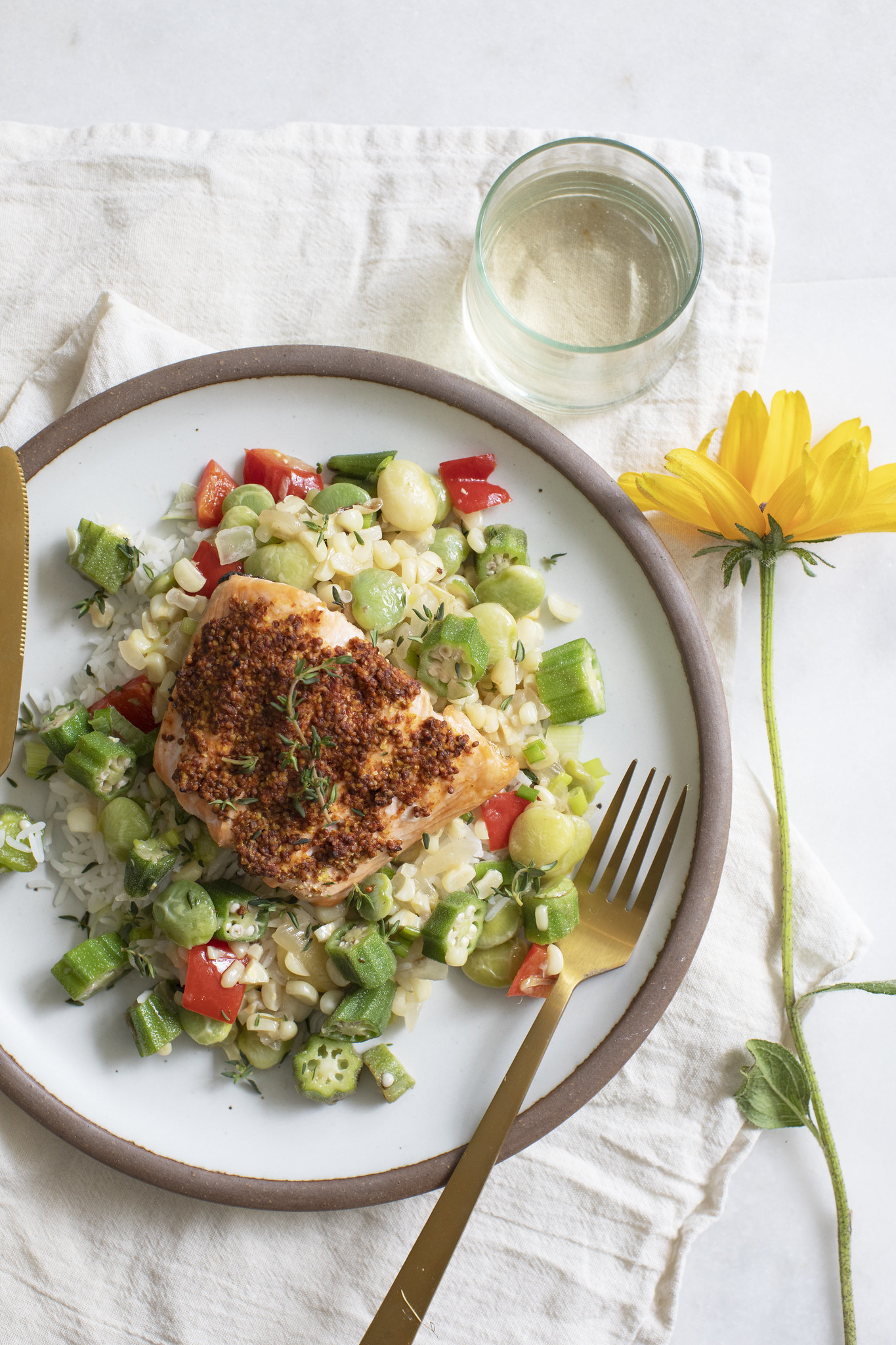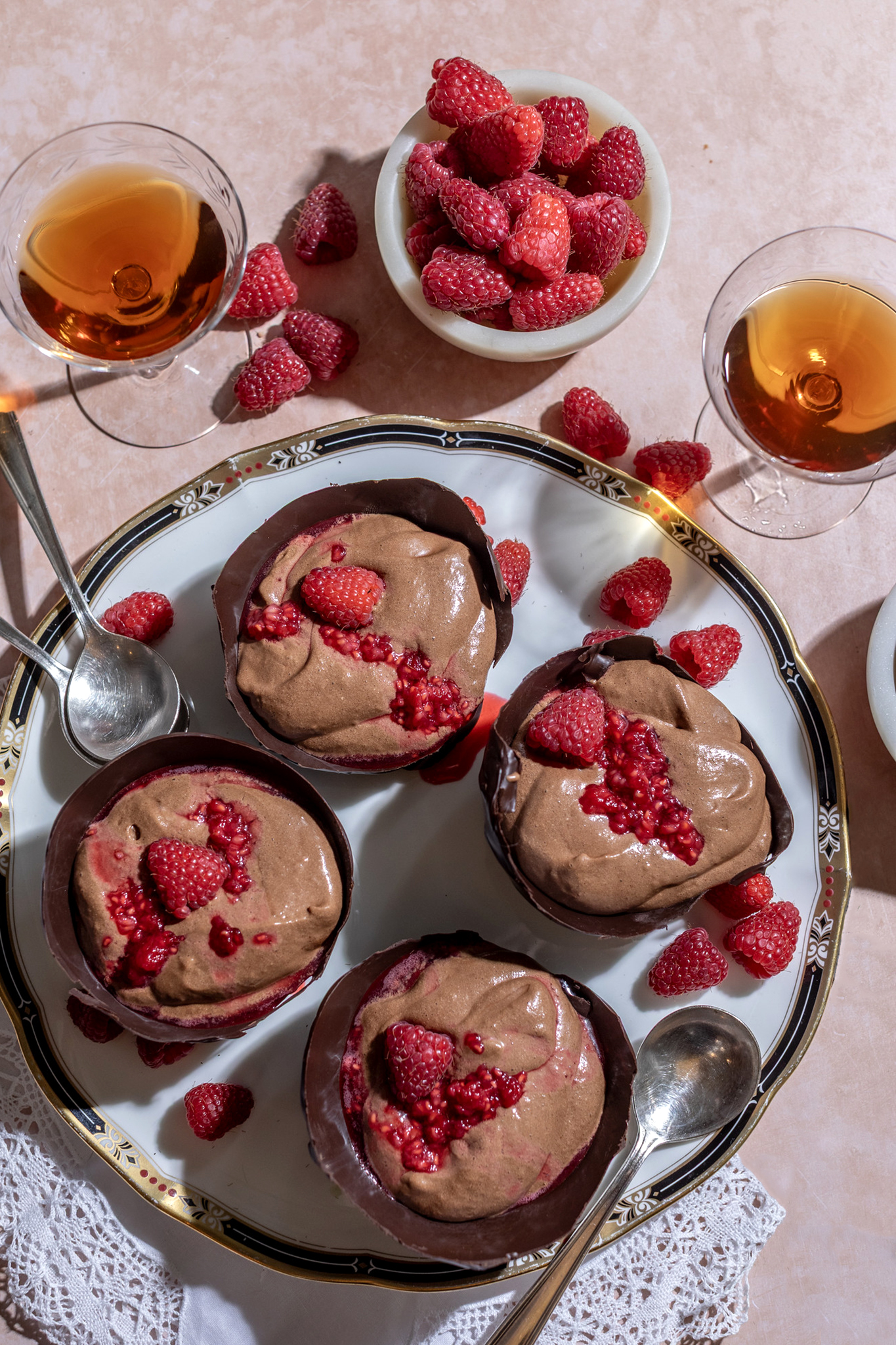- February 2013 (2)
- April 2013 (1)
- May 2013 (1)
- June 2013 (4)
- July 2013 (11)
- August 2013 (2)
- September 2013 (2)
- October 2013 (2)
- December 2013 (1)
- January 2014 (9)
- February 2014 (6)
- March 2014 (10)
- April 2014 (7)
- May 2014 (8)
- June 2014 (7)
- July 2014 (3)
- August 2014 (15)
- September 2014 (10)
- October 2014 (7)
- November 2014 (2)
- December 2014 (6)
- January 2015 (3)
- February 2015 (6)
- March 2015 (6)
- April 2015 (5)
- May 2015 (5)
- June 2015 (3)
- July 2015 (1)
- September 2015 (1)
- October 2015 (1)
- November 2015 (7)
- December 2015 (7)
- January 2016 (12)
- February 2016 (7)
- March 2016 (9)
- April 2016 (8)
- May 2016 (5)
- June 2016 (6)
- July 2016 (8)
- August 2016 (8)
- September 2016 (5)
- October 2016 (7)
- November 2016 (1)
- December 2016 (6)
- January 2017 (3)
- February 2017 (3)
- March 2017 (1)
- June 2017 (1)
- July 2017 (1)
- August 2017 (2)
- September 2017 (3)
- November 2017 (1)
- December 2017 (1)
- January 2018 (1)
- February 2018 (1)
- May 2018 (1)
- June 2018 (3)
- August 2018 (3)
- September 2018 (3)
- October 2018 (5)
- November 2018 (2)
- January 2019 (1)
- February 2019 (2)
- March 2019 (3)
- April 2019 (3)
- May 2019 (5)
- June 2019 (2)
- July 2019 (4)
- August 2019 (5)
- September 2019 (5)
- October 2019 (5)
- November 2019 (3)
- December 2019 (6)
- January 2020 (6)
- February 2020 (4)
- March 2020 (7)
- April 2020 (5)
- May 2020 (4)
- June 2020 (3)
- July 2020 (5)
- August 2020 (5)
- September 2020 (4)
- October 2020 (7)
- November 2020 (4)
- December 2020 (3)
- January 2021 (3)
- February 2021 (5)
- March 2021 (8)
- April 2021 (4)
- May 2021 (5)
- June 2021 (7)
- July 2021 (4)
- August 2021 (5)
- September 2021 (3)
- October 2021 (2)
- November 2021 (2)
- January 2022 (2)
- February 2022 (1)
- March 2022 (2)
- April 2022 (1)
- May 2022 (4)
- June 2022 (6)
- July 2022 (6)
- August 2022 (5)
- September 2022 (4)
- October 2022 (3)
- November 2022 (1)
- December 2022 (1)
- January 2023 (3)
- February 2023 (2)
- March 2023 (5)
- April 2023 (3)
- May 2023 (3)
- June 2023 (5)
- July 2023 (1)
- August 2023 (1)
- September 2023 (3)
- October 2023 (2)
- January 2024 (2)
- February 2024 (4)
- April 2024 (2)
- May 2024 (2)
- June 2024 (19)
- July 2024 (3)
- August 2024 (1)
- September 2024 (4)
- October 2024 (4)
- November 2024 (4)
- December 2024 (2)
- January 2025 (1)
- February 2025 (3)
- March 2025 (1)
- April 2025 (1)
- May 2025 (3)
- June 2025 (3)
- July 2025 (1)
- August 2025 (2)
- September 2025 (1)
- October 2025 (1)
- November 2025 (4)
- December 2025 (1)
- January 2026 (4)
- February 2026 (2)
Food & Wine Pairing 101
Friday, May 9, 2014

As with many things that involve wine, food and wine pairing can be an intimidating endeavor. So to make things easier, here are a couple suggestions and some things to keep in mind when choosing a wine for your dinners. We’ve found that with just a little bit of knowledge and the names of a couple wines listed on your cellphone, you’ll be able to make great choices no matter what you’re having for dinner.
Basic Facts:
- The human palate can distinguish 5 basic tastes: sweet, sour, bitter, salty, and umami (the savory taste of shiitake mushrooms, monosodium glutamate, or any food rich in glutamic acid). Since wine is rarely perceived as salty or shiitake-like, we are left with sweet, sour, and bitter as the three basic tastes in wine.
- Food allows us to experience all five tastes plus the sensations of hot (temperature and/or spiciness) and cold.
- Both food and wine have texture, in other words how they feel in the mouth. When pairing food and wine, the goal is to match the texture in the food with the texture of the wine.
How to Pair Food with Wine:
1st - Consider intensity of the dish
2nd - Select wine of the same intensity level. For example, a lightly sauteed shrimp in white wine and garlic would not pair well with a heavy red. We always pair light with light and heavy with heavy.
Here is a list of a couple types of wine and their intensity levels. Remember that some wines will be labeled by which grape is used and some wines will be labeled by where they come from. Regardless of which method is used on the label, these are wines that you should be able to find with minimal effort.
Light White
o Pinot Grigio
o Sauvignon Blanc
Heavy White
o Chardonnay
o Viognier
Light Red
o Pinot Noir
o Chianti (Chianti Classico has a medium intensity)
Medium Red
o Cotes-du-Rhone
o Tempranillo
o Barbera
Heavy Red
o Cabernet Sauvignon
o Zinfandel
o Syrah
While we could go on and on, these simlple tips, plus lots of practice (the fun part!) should have you on your way to wine pairing greatness.
Remember that there is really only one rule to follow: drink what you like. That includes price point. While you do generally get what you pay for, there are plenty of great wines out there for $12 to $15. They may have names that aren’t familiar or be made from grape you’ve never heard of before, but if you’re open to trying new wines, you’ll be pleasantly surprised by what you’ll find.
Want to know more? Email Don at Sherlocks!


